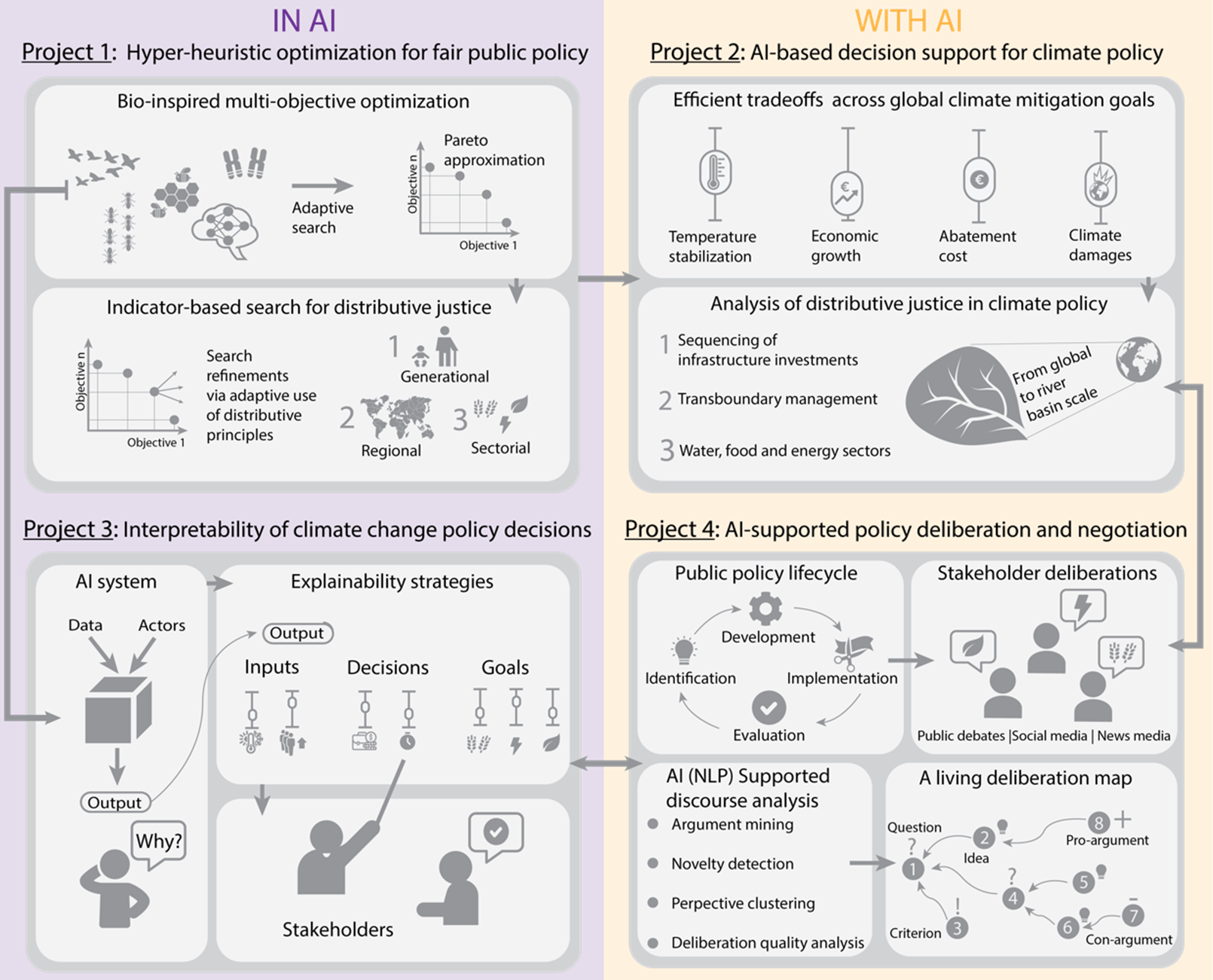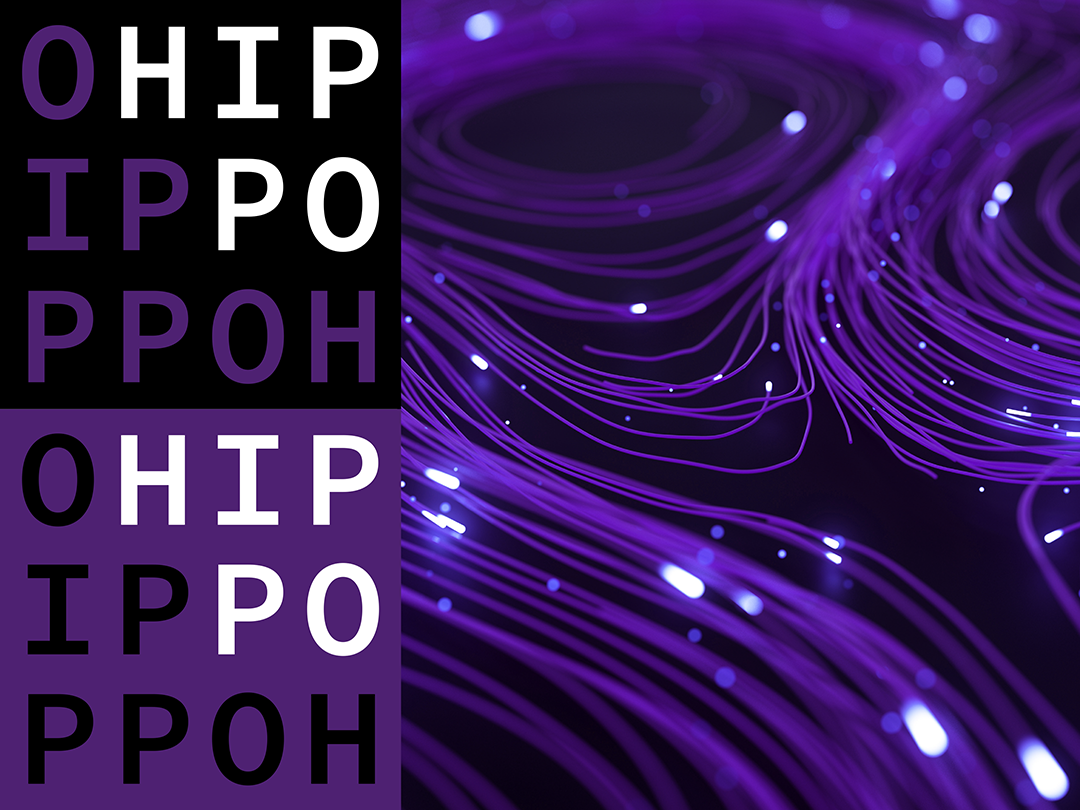Projects

Project 1: Hyper-heuristic Optimization for Fair Public Policy Design
Advances in hyper-heuristic methods for multi-objective optimization have led to the discovery of efficient tradeoffs that support decision making. These are made possible by the methods’ flexibility – they can find Pareto-efficient solutions simultaneously across multiple conflicting objectives, and they can also enable complex problem abstractions that remain true to the nature of real-world systems. These tools do, however, need to evolve so that they integrate broader definitions of success and fairness, driving searches within complex societal and environmental contexts. This project will design and test novel hyper-heuristic methods for fairness and efficiency, where the search for policies is guided by principles of distributive justice.
Project 2: AI-based Decision Support for Climate Policy
This project aims to find efficient tradeoffs across global climate mitigation policies. The global-level consequences of these efficient strategies will then be evaluated at the transboundary river basin level. We will refine the search by testing novel definitions of distributive justice and their ability to balance regional, multi-sectorial and inter-generational conflicts, where these serve as feedback to guide the search in global climate policy.
Project 3: Supporting Climate Change Deliberations via Artificial Intelligence
This project will contribute towards the development of a hybrid-intelligence (HI) platform that supports climate change deliberations and negotiations. The HI deliberation platform will support humans with AI (specifically, via natural language processing and by using knowledge representation and reasoning techniques). This will be applied to tasks such as recognizing the deliberative structure of discussions, clustering and visualizing arguments and perspectives, finding novel objectives, and modelling opinion dynamics.
Project 4: Explainable AI for Public Policy Design
This PhD project will focus on enhancing the interpretability and explainability of bioinspired heuristic optimization methods. It will formalize the patterns and pathways of operators when searching for efficient tradeoffs. Foundations to assess interpretability will also be set, since there is currently ambiguity about what, exactly, constitutes interpretability in heuristic methods. Further, we will advance knowledge about the trade-offs between interpretability and predictive accuracy. We will build on the increasing body of literature on explainable AI, while at the same time contributing a new research line on interpretable and explainable heuristic methods. The aim of this is to improve the accountability of AI-based decision support.

